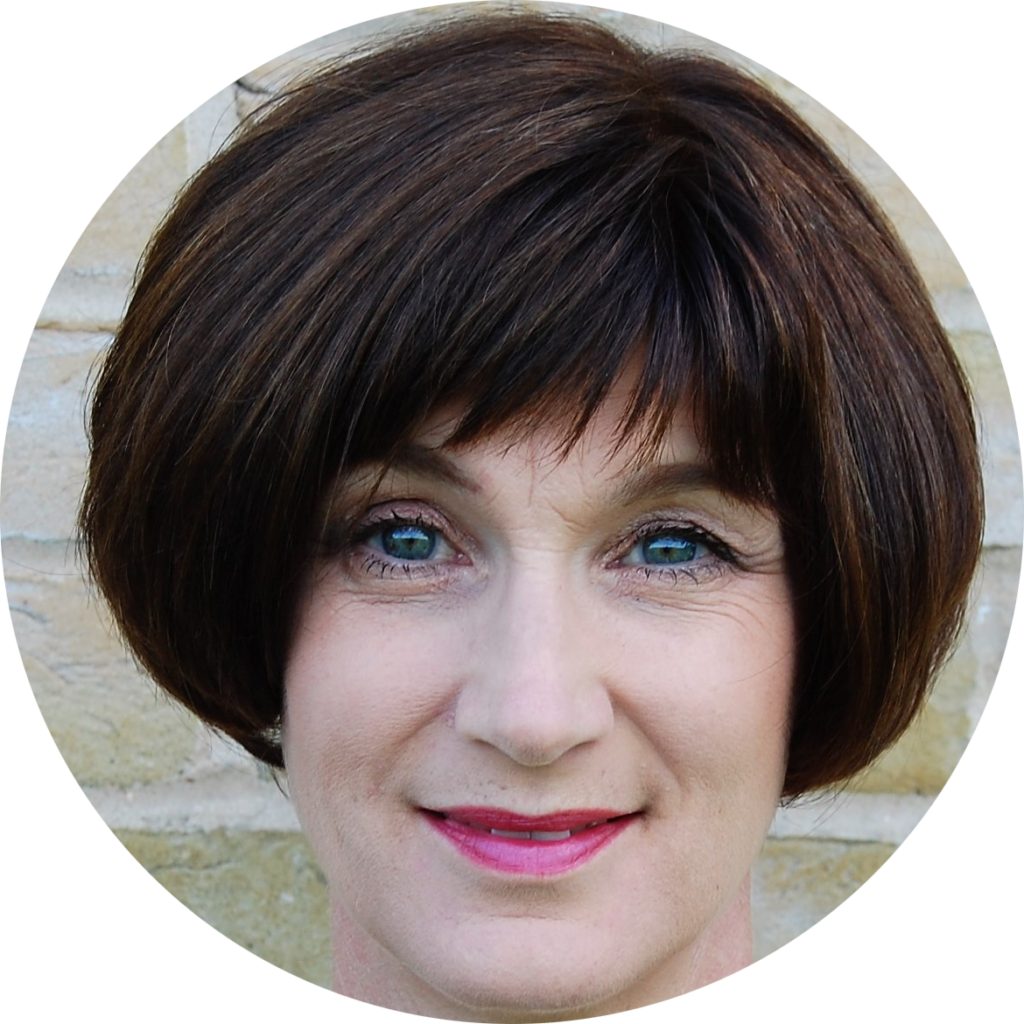
Reading time: 3 minutes. Relevant event: SSAT school improvement 2018
Melanie Davies, Senior Lead Practitioner, Newmarket Academy, shows how the lead practitioner role has helped to move her school from special measures to good, and to make increasingly valuable contributions to the MAT
When I joined Newmarket College (as it was then) it was a very different school, not only in name but also in culture and ethos. It had previously been a 14-18 secondary school and was extended to include years 7 and 8, as the two local middle schools in the town were closed due to school organisation review. There was much dissatisfaction about this decision from the local community and many families moved their children away from the town for their secondary education.
Outcomes were poor and the school was placed into special measures, leaving a host of new staff with the unfortunate inheritance of disappointing results that had come about before they were in post. Long-term staff were demoralised and tainted by a culture of low expectations and bad press.
Increased emphasis on teaching and learning
When we joined Samuel Ward Academy Trust, and became Newmarket Academy, more emphasis was given to the development of teaching and learning. Amidst the climate of special measures there had been a great deal of fear and lost confidence; part of the coaching process was to enable colleagues to feel supported in a non-judgemental way and remove the fear of trying new things.
Individual coaching was key: through one-to-one support, reciprocal observations and guiding colleagues through personal reflections, we saw them move from struggling to deliver lessons which were ineffective, to delivering consistently good practice.
Individual coaching was key, with one-to-one support, reciprocal observations and guiding colleagues through personal reflections
One colleague said that the coaching process ‘has helped me develop classroom management strategies to support positive behaviour in the classroom which has, in turn, supported more sustained progress and a better environment for learning in my classroom.’
Team of lead practitioners
We grew our own team of three lead practitioners to increase capacity, and provided whole-school CPD through regular sessions sharing best practice.
Throughout the process, we reflected on the impact that our work was having, taking regular staff audits of how things were being used in the classroom. Everyone was encouraged to discuss things they had tried, whether or not they felt these had been successful. Feedback was positive, such as: ‘Thanks for these energising and thought-provoking sessions which have made me question my practice in a constructive way.’
This generated a culture of openness, which we built on by making a rota to take every teacher on an escorted learning walk to see effective teaching in other classrooms. Following the learning walk, the LP discusses with the colleague which aspects of the lessons they found most positive and helps them reflect on how this might inform and change their own practice.
Colleagues find the collaborative nature of this process very constructive: ‘It was so good to complete the learning walk with you – it really helps to be able to share different perspectives of the same lesson…it was ever so useful and will help … to move forward.’
‘It was so good to complete the learning walk with you – it really helps to be able to share different perspectives of the same lesson’
The emphasis of these learning walks is very much on finding positives: these are shared with the teacher who has been observed, as well as across the school. It is a celebration of good practice and also serves as an audit of how ideas from sharing best practice are being embedded.
Last year we had the Ofsted visit and were declared officially ‘a good school’. The report stated: ‘Teachers value the input from lead practitioners and other specialists as part of their continued professional development. Staff morale is high. This is confirmed by the overwhelming response to the staff questionnaire, where typically staff say they are “always helping each other and are supportive of each other”.
Through the networking of lead practitioners across the trust, we are now able to share this progress and continually work to improve teaching and learning in our journey towards becoming recognised as an outstanding school. Becoming accredited as an SSAT Lead Practitioner throughout this process has been an invaluable way for me to reflect upon and chart the achievements of our school and the contributions we now make to the MAT as a whole. And being recently accredited as a trainer for future LPs is a really exciting next step to further develop this innovation in our area.
Read more on the SSAT blog: An evidence base and a collaborative spirit can boost outcomes for all young people

Melanie Davies, Senior Lead Practitioner, Newmarket Academy


